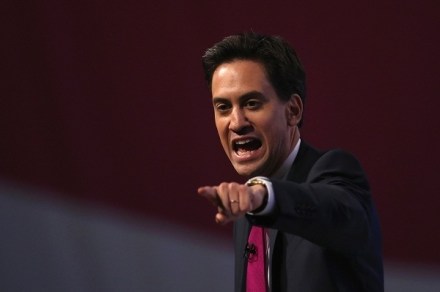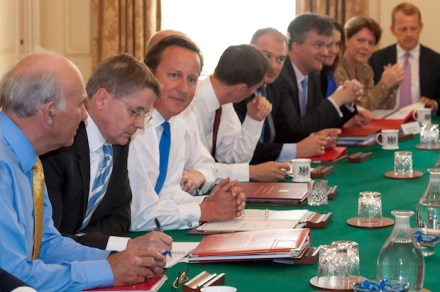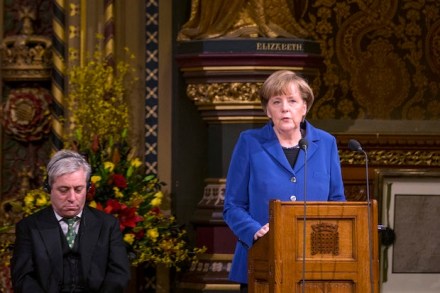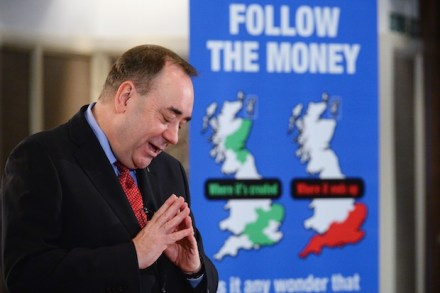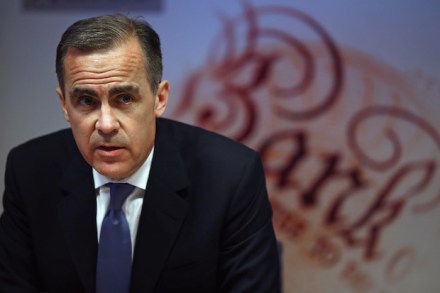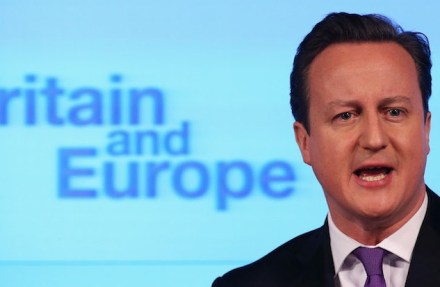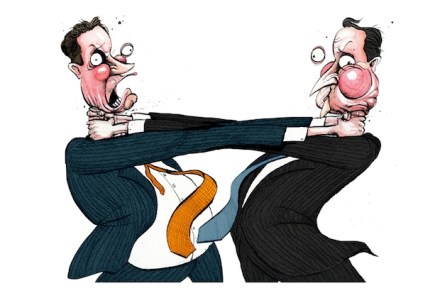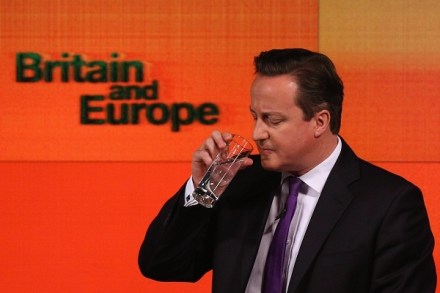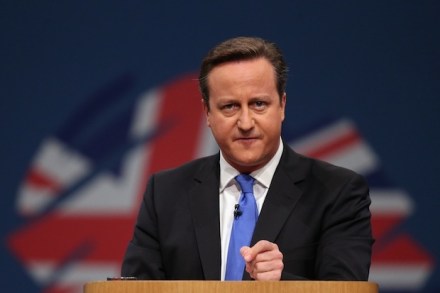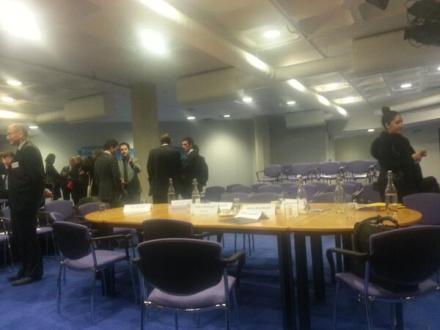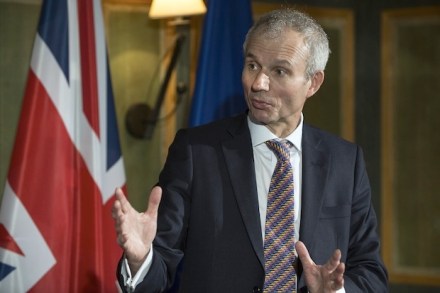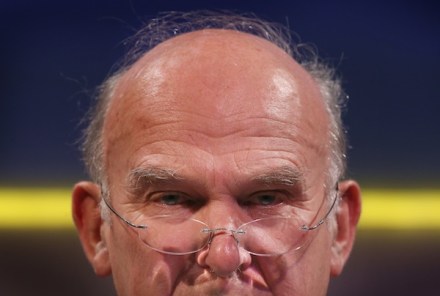Douglas Alexander’s weasel words on Labour’s EU pledge
Unsurprisingly, Douglas Alexander’s Today interview about Ed Miliband’s pledge to not give the British people a referendum without saying he’s not giving you a referendum wasn’t the most edifying performance. Alexander admitted that what Miliband is promising is an ‘unlikely’ referendum, saying: ‘He will say that our priority in government would be tackling the cost-of-living crisis and getting the economy back on track, not getting Britain out of Europe. He’ll set out some very practical and I think needed changes to make Europe work better for the United Kingdom. And he’ll also be open that we are not, as a prospective Labour government, proposing a further transfer of powers to



